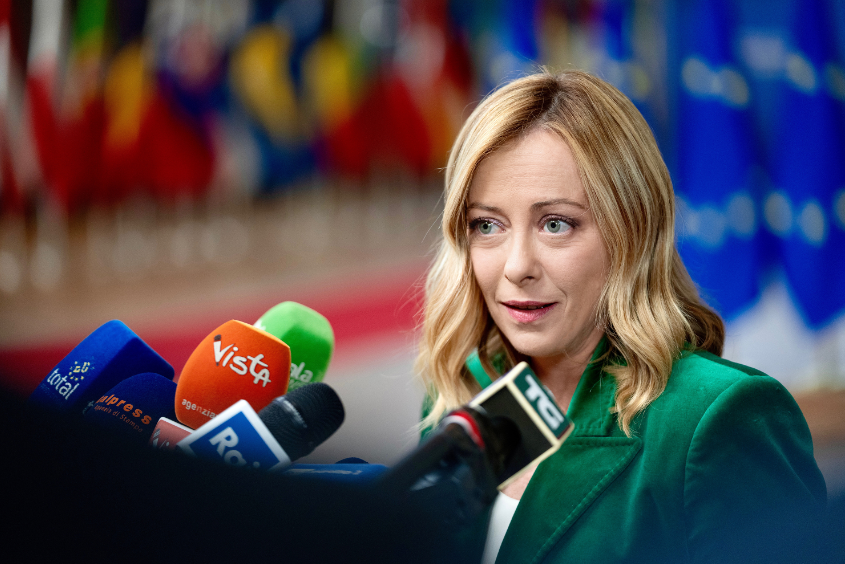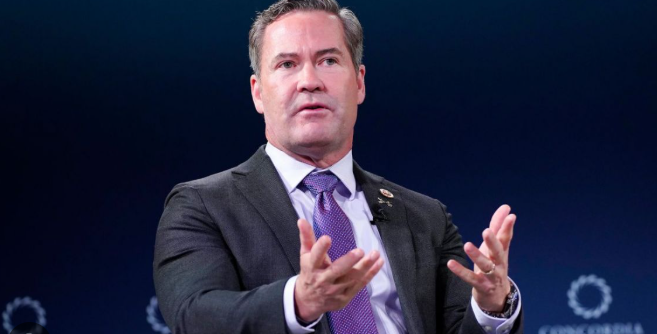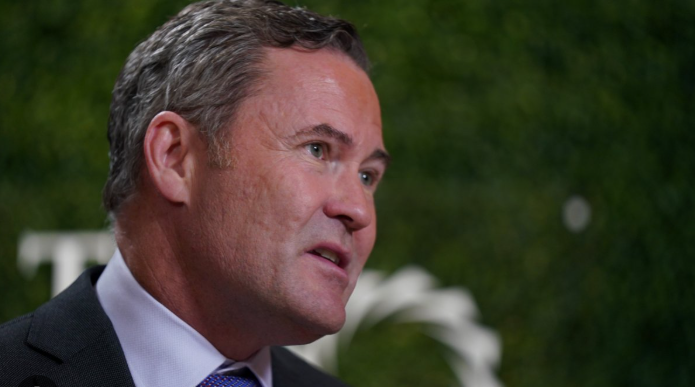[ad_1]
BRUSSELS (Reuters) – Britain will be offered a goodwill gesture at a European Union summit next week, European nations agreed on Friday, seeking to break the deadlock over Brexit, but no watering down of their demand for tens of billions of euros they say Britain owes.
British Prime Minister Theresa May also indicated she might make a move at next week’s summit. A spokeswoman said “there will be more to say there” on a promise May made last month to honour financial commitments when Britain leaves.
Both sides are making the moves to end an apparent stalemate in talks on Britain’s leaving the EU.
At heart is a proposal by summit chair Donald Tusk to tell May next week that the EU will start internal work on a post-Brexit transition plan.
“This is a very big gesture towards Britain, maybe way too big,” a senior EU diplomat said ahead of an evening meeting of envoys from the 27 remaining states to discuss Tusk’s draft for a statement to made after leaders meet in a week’s time.
Ambassadors broadly agreed the plan on Friday despite scepticism, including from powerhouse Germany. They requested some harder language to ram home that any offer is conditional on Britain making progress toward agreeing Brussels’ terms.
“Time is running out”, German Chancellor Angela Merkel’s spokesman had warned after week of stalemate in negotiations and faction-fighting within May’s government that have raised concerns that talks could collapse, leaving Britain bumping out into legal limbo in March 2019.
Hammering the point, EU chief executive Jean-Claude Juncker said in Luxembourg: “They have to pay. They have to pay.”
Underscoring tensions, British finance minister Philip Hammond referred to the EU as “the enemy” at one point, but then apologised. His remark came as he defended himself against accusations from hardline Brexit supporters who say he is soft on Brussels.
Businesses planning investment decisions are calling for a clear idea by the new year of how the split and subsequent years of transition to a new trade relationship will function. Otherwise, some firms say, they may assume a disruptive “hard Brexit” and move some operations to continental Europe.
“SEARCH AND RESCUE MISSION”
As the process approaches the half-way stage between last June’s referendum vote for Brexit and Britain’s departure on March 30, 2019, tensions are building not just between the two negotiating sides but also within the bloc of 27.
While hardliners would prefer less or no talk of a future after Brexit and more about demanding money, others are keen to give May, beleaguered at home, something to show for the effort to compromise she displayed in a speech at Florence last month.
One diplomat called the draft a “search and rescue mission” to help the British premier out of a jam. Another said it was a bid to break “stalemate” and avert “disaster” over the winter:
“Some states were not very happy about this but what else can we do?” the diplomat added. “We are trying to reach out.”
But then the diplomat added: “They must come up with something on the money.”
Diplomats said Germany and France coordinated on Friday , to limit any watering down of the EU position that its negotiator, Michel Barnier, cannot so much as mention to his British counterparts what might come after Brexit until leaders deem there has been “sufficient progress” on three issues the EU says must be settled before Britain leaves.
These are the rights of EU citizens in Britain, Northern Ireland’s new EU border and the intractable “Brexit bill”.
Tusk, who met Merkel and French President Emmanuel Macron in a week when he has spoken to almost all other EU leaders including May, offered a draft text saying there is not enough progress but welcoming the advances there have been and flagging a hope that the next summit in December could open trade talks.
In its strongest conclusion, it proposes that Barnier start working out internally – without negotiating with London – what will happen after Brexit. Barnier himself has sought flexibility to break the deadlock, diplomats say.
“If this is the concession May needs to be able to make a move on financial settlement, let’s try it,” said a diplomat from one of Britain’s close EU trading partners. “She is so weak at the moment she can do nothing. And we need the money.”
Despite protestations of unity, some diplomats detect nuance in approaches to the prospect of talks collapsing, with those countries with most to lose from trade barriers with Britain most keen to avert a meltdown.
Essentially that means its near neighbours like the Nordic states, the Netherlands and Ireland.
Additional reporting by Andreas Rinke and Noah Barkin in Berlin, Peter Maushagen in Brussels and Paul Sandle in London; Editing by Alastair Macdonald and Jeremy Gaunt
[ad_2]
Source link






Leave a Reply